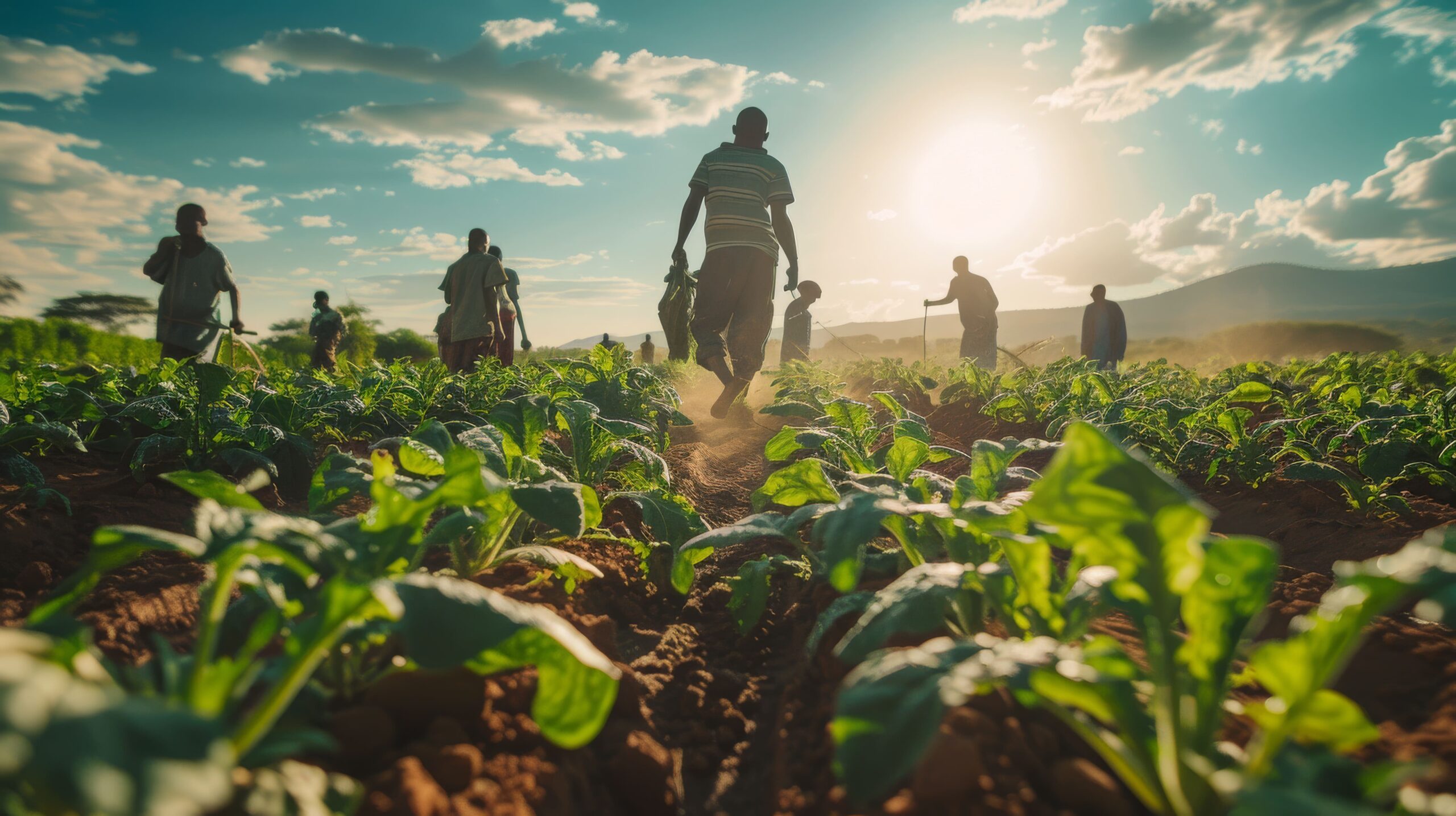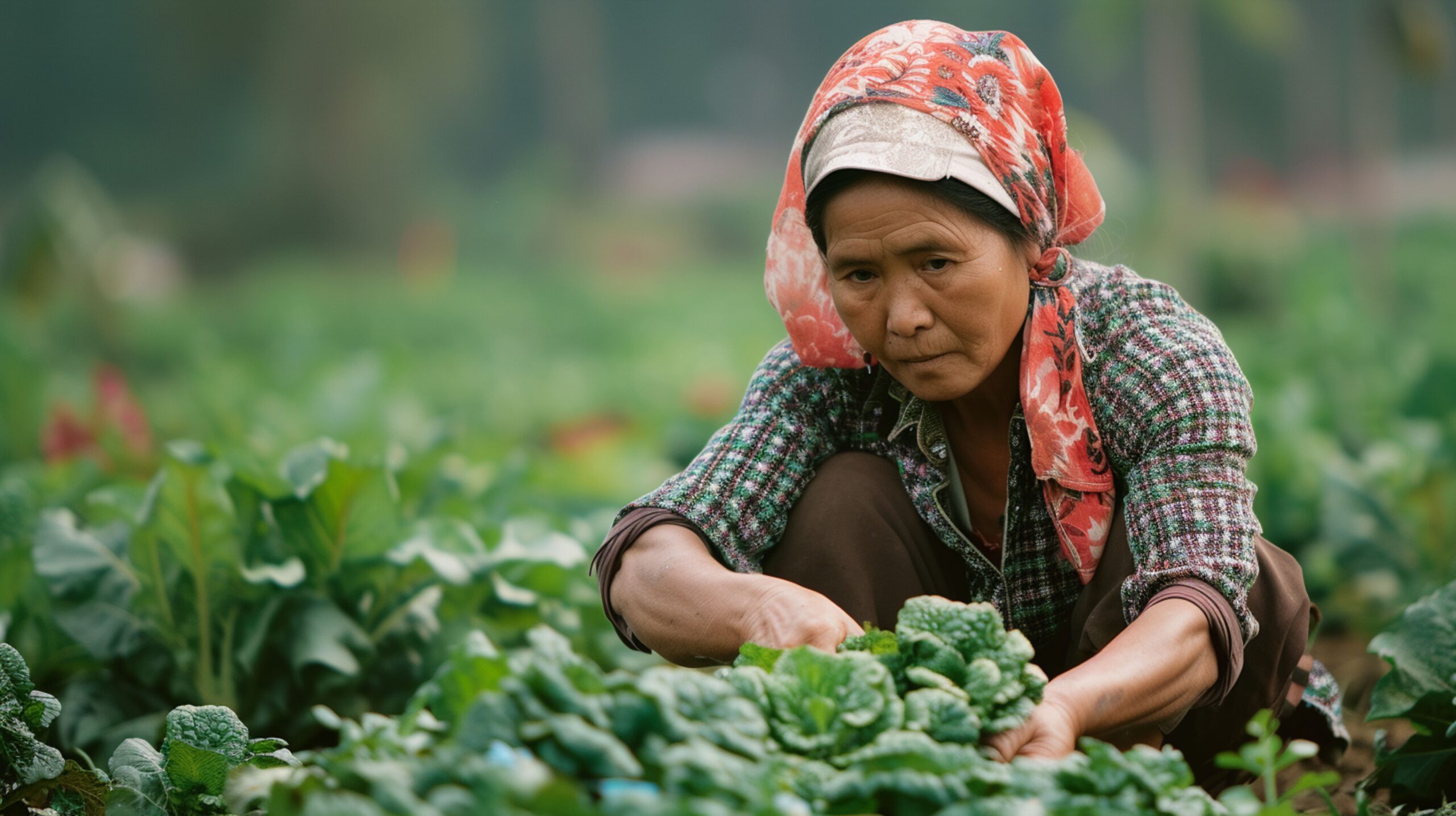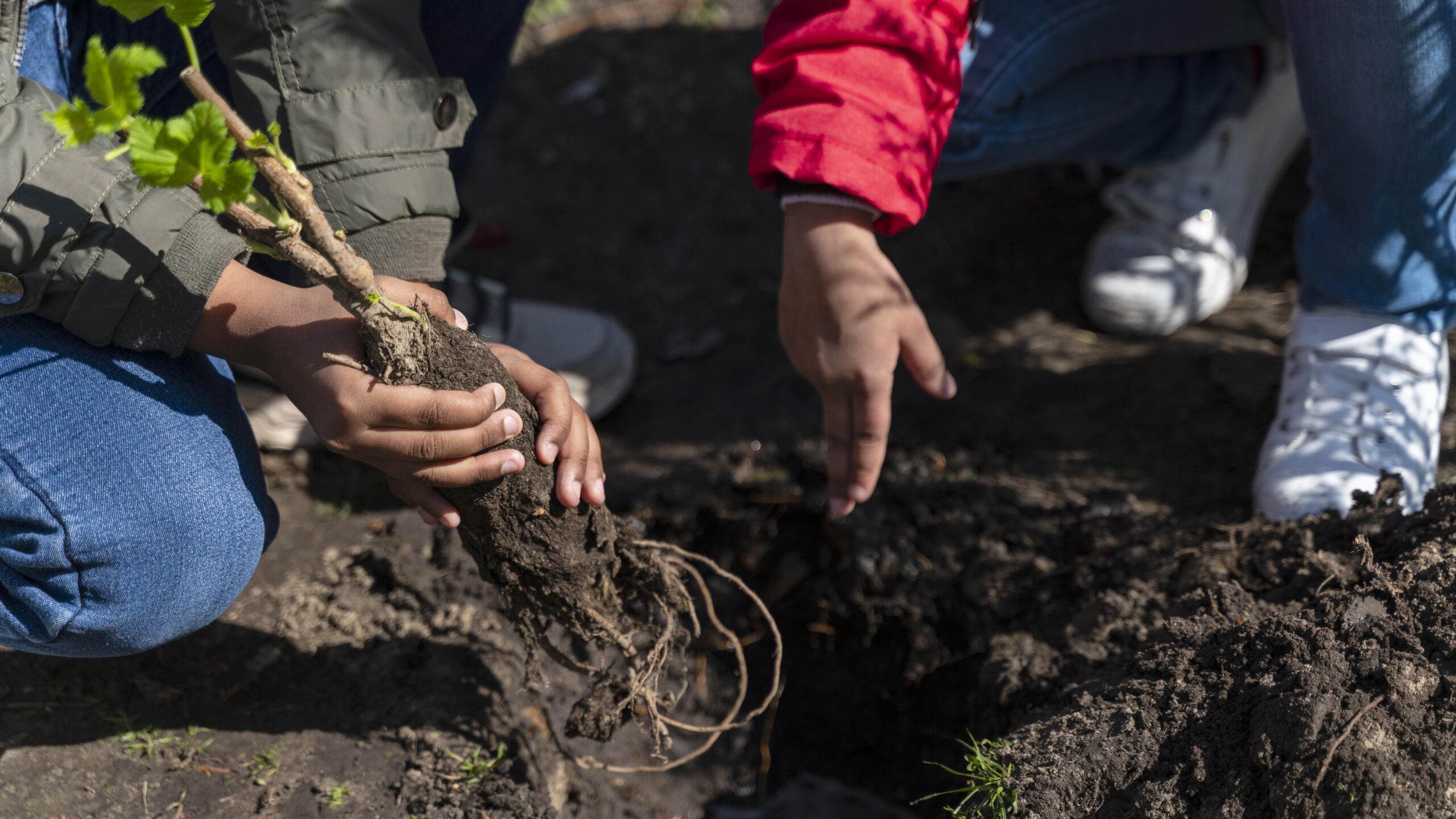
In the heartlands of India, where the soil is as rich as the culture, a quiet revolution is taking root. Across the vast expanse of fields and farms, farmers are embarking on a journey of transformation — a transition from traditional to sustainable farming practices. This shift isn’t just about changing cultivation techniques; it’s about cultivating hope, resilience, and a brighter future for generations to come. In this blog post, we explore the empowering journey of farmers as they embrace sustainable agriculture and chart a course towards prosperity and sustainability.
Breaking Ground: The Need for Change
For centuries, traditional farming methods have sustained livelihoods and fed communities across India. Yet, as the challenges of climate change, soil degradation, and water scarcity loom large, it’s clear that a new approach is needed. Traditional farming, reliant on chemical inputs and monoculture crops, has taken its toll on the land, leading to diminishing yields, depleted resources, and a cycle of debt for many farmers. The need for change is undeniable, and the transition to sustainable farming offers a path forward.
India’s agricultural sector, the backbone of the nation, is at a crossroads. Traditional farming methods, while feeding millions, strain the environment and threaten long-term food security. However, a promising path lies ahead – sustainable farming. This blog explores how India can empower its farmers to thrive during this crucial transition.
Challenges of Traditional Practices:
- Environmental Degradation: Excessive use of chemicals pollutes soil and water, harming biodiversity and human health. Unsustainable water usage depletes groundwater reserves.
- Climate Change Vulnerability: Traditional methods are highly susceptible to erratic weather patterns and extreme events, disrupting yields and livelihoods.
- Declining Soil Health: Intensive farming practices deplete soil fertility, leading to reduced productivity and dependence on expensive chemical inputs.
Sustainable Solutions: A Win-Win for Farmers and the Environment
Sustainable farming offers a way forward, ensuring food security for future generations while protecting the environment. Here’s how:
- Reduced Reliance on Chemicals: Organic farming and other sustainable practices improve soil health, promote biodiversity, and minimize water pollution.
- Climate Resilience: Practices like water-efficient irrigation and drought-resistant crops help farmers adapt to changing weather patterns and ensure consistent yields.
- Economic Advantages: Sustainable farming empowers farmers by reducing dependence on expensive chemical inputs. Organic farming often fetches premium prices, improving farmer income and livelihood security.
Empowering the Transition: A Multi-Pronged Approach
A successful transition requires a collaborative effort from various stakeholders:
- Farmer Education and Training: Equipping farmers with knowledge and skills for sustainable practices is crucial. Workshops, training programs, and farmer-to-farmer learning exchanges are essential.
- Policy and Infrastructure Support: Government policies that incentivize sustainable farming (e.g., subsidies for organic fertilizers) and invest in rural infrastructure (e.g., organic certification facilities) are vital.
- Market Access: Creating market linkages for sustainably produced food ensures farmers reap the benefits of their efforts. Connecting them with organic markets and fair-trade initiatives is key.
Cultivating Knowledge: Education and Training
At the heart of the transition to sustainable farming lies the empowerment of farmers through education and training. From organic farming techniques to agroecology principles, farmers are learning new ways to work in harmony with nature, rather than against it. Government extension programs, NGOs, and community-based organizations are playing a pivotal role in disseminating knowledge and providing hands-on training to farmers. Workshops, demonstrations, and farmer field schools are equipping farmers with the skills and confidence they need to embrace sustainable practices.
Sowing Seeds of Change: Adopting Sustainable Practices
With knowledge as their compass, farmers are beginning to sow the seeds of change in their fields. From ditching chemical pesticides and fertilizers to practicing crop rotation and intercropping, farmers are embracing a more holistic approach to farming. Agroforestry systems, which integrate trees with crops and livestock, are gaining popularity for their ability to enhance soil fertility, conserve water, and diversify income streams. By adopting sustainable practices, farmers are not only improving their own livelihoods but also rejuvenating the land for future generations.
Nurturing Resilience: Building Climate Resilient Farms
In a world increasingly shaped by climate change, resilience is key to survival. Sustainable farming practices, with their focus on biodiversity, soil health, and water conservation, are inherently more resilient to extreme weather events and shifting climatic patterns. Farmers are harnessing traditional knowledge alongside modern innovations to build climate-resilient farms that can withstand the challenges of a changing climate. From rainwater harvesting and drip irrigation to drought-tolerant crop varieties, farmers are fortifying their fields against uncertainty and securing their livelihoods for the long term.
Reaping the Rewards: Benefits of Sustainable Farming
As farmers transition to sustainable practices, they are beginning to reap a harvest of rewards — both tangible and intangible. Increased yields, improved soil health, and reduced input costs are boosting farm incomes and lifting farmers out of poverty. Moreover, sustainable farming offers benefits beyond the balance sheet. It fosters a deeper connection to the land, strengthens community bonds, and safeguards the environment for future generations. By embracing sustainable farming, farmers are not just cultivating crops; they are cultivating hope, resilience, and a brighter future for themselves and their families.
Cultivating a Sustainable Future
As the sun sets on traditional farming practices, a new dawn is breaking on the horizon. The transition to sustainable farming in India represents a profound shift — not just in how we grow our food, but in how we steward the land and nurture our communities. By empowering farmers with knowledge, skills, and resources, we can cultivate a future where agriculture is not just a means of survival, but a pathway to prosperity and sustainability. Together, let us sow the seeds of change, nurture resilience, and harvest hope for a brighter, greener tomorrow.
The Road to a Sustainable Future
The transition to sustainable farming is not just inevitable; it’s an opportunity. By empowering farmers, India can become a global leader in sustainable agriculture, inspiring others to follow suit. This journey requires a collective effort, but the rewards are plentiful – a thriving agricultural sector, a healthier environment, and a secure food future for all.
Join the Movement:
- Support organizations working on sustainable agriculture initiatives in India.
- Spread awareness about the importance of sustainable farming practices.
- Make informed choices as a consumer – opt for organic and locally produced food whenever possible.
By taking these steps, we can empower Indian farmers to thrive in a sustainable future, ensuring food security and environmental well-being for generations to come.



